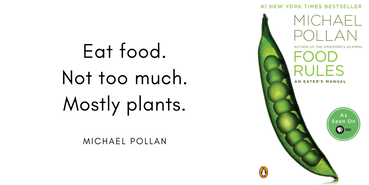|
|
Acidic FoodsYour teeth can be dissolved by acids from dental plaque, but also directly by acidic food and drinks. The type of bacteria that that damage teeth love an acid environment. Vinegar, citrus, juices and sodas are the main exposures. Lemon is particularly hard on tooth enamel because it dissolves enamel and grabs onto the calcium thus preventing remineralization. Also note that gastric acid reflux disease (GERD or heartburn) can severely damage teeth. Tooth damage due to acid is called erosion, and enamel can be quite resistant, but add in grinding habits or dentin exposure and the process speeds up.
|
|
Dry mouthYour body is smart and your mouth is an excellent system - your saliva is designed to wash and strengthen your teeth. Saliva not only helps rinse sticky food off your teeth, but it is full of minerals to help heal your tooth from acids, and is slight basic in pH. After an acidic drink, your helpful saliva can neutralize the acid in your mouth, but it takes 20 minutes to 1 hour. That means that if your are sipping lemon water every 20 minutes, for example, your saliva never gets to do it's job.
Additionally, a very dry mouth with little salivary flow is at high risk for dental decay. Many medications cause dry mouth and people with this need to discuss managment techniques with their hygienists. These include staying well hydrated, extra care and tooth protection (fluoride toothpaste/rinces), and salivary stimulation. |
|








